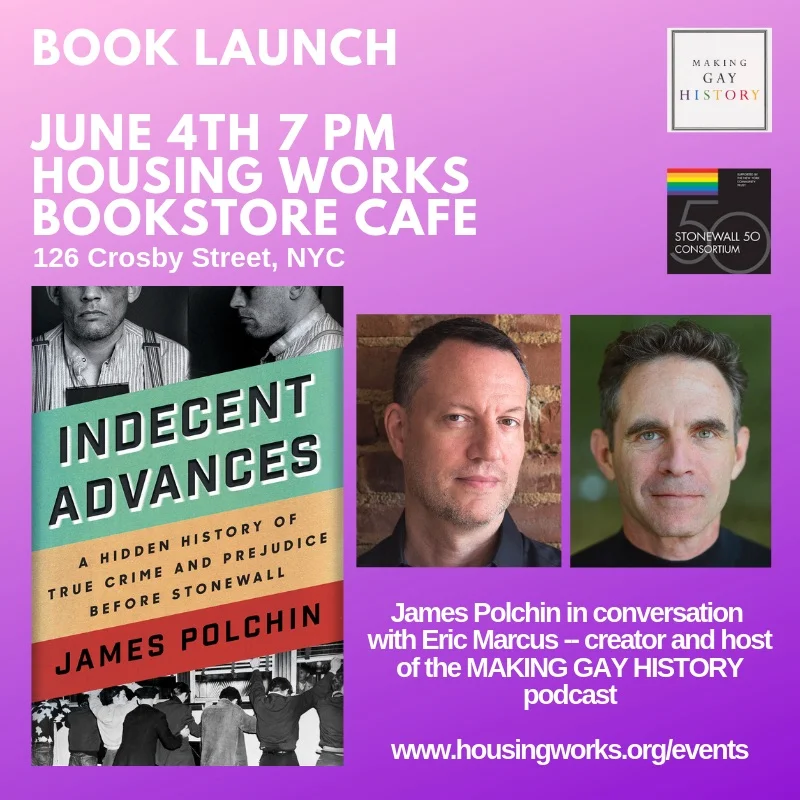“In my research into newspaper crime pages, I discovered a shocking public record of queer true crime stories published between World War I and Stonewall. Most of these stories had never been read since their original publication, their documentation of injustices and discrimination buried for decades. In these stories, I encountered stories of men found stabbed, shot, or strangled in hotel rooms, apartments, public parks, and subway bathrooms. I witnessed accounts of brutal violence between roommates, sailors and civilians, young men and older men, working-class men and wealthy companions. Many of the victims were married men, living their sexual lives in secret rendezvous, under false names to hide their identities. Others were clearly living as homosexual men, single or partnered, participating in the queer worlds that were emerging in many cities across the country with increasing visibility. Not surprisingly, such crime reports were mostly stories about encounters between white men. When men of color were present in the mainstream press, they were usually, if not always, the killers of the white men they met. While stories of queer people of color murdered and assaulted did make headlines in the black American press, the mainstream crime pages in these decades embodied the broader racial segregation of the times.”
Read more at Slate.







